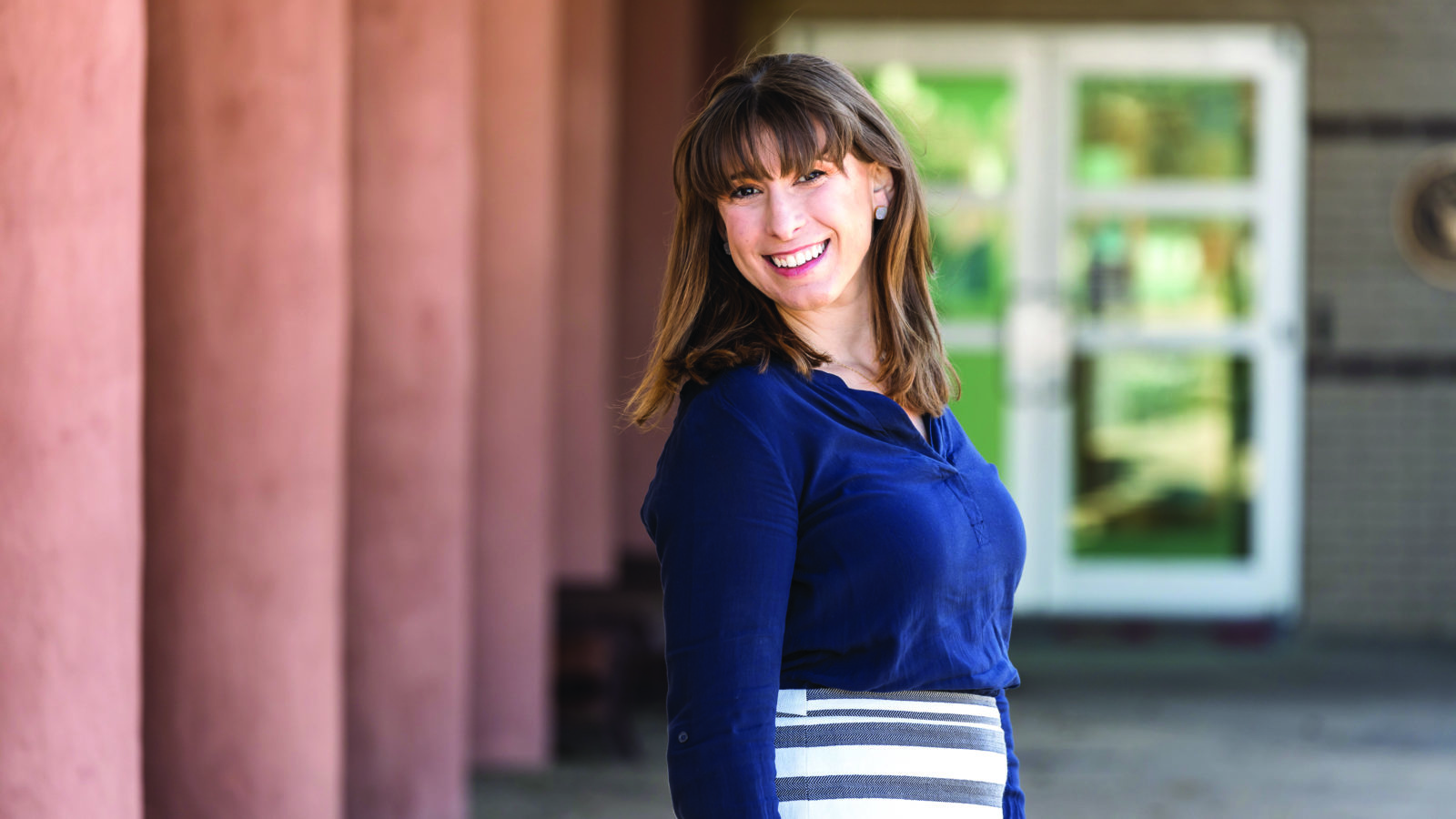Nell Frame ’05
Senior Manager, Assessment Products and Strategy
KIPP Foundation
Frisco, TX
As a student, Nell Etheredge Frame enjoyed school so much that before coming to Williston as a seventh grader, she signed up for optional summer school classes. There was just one aspect of school that the future White Blazer winner didn’t love: tests. Now, after working in educational policy in Washington, D.C., and for five years as a classroom teacher and district administrator in Baltimore (when she also earned her M.Ed., at Johns Hopkins), she finds herself at the Knowledge is Power Program (KIPP) Foundation, managing how the organization’s 224 charter schools implement student assessments. In other words: tests.
“Which is hilarious,” says Frame, who works remotely from her home in Frisco, Texas, “because it was the thing I hated about school! It’s ironic.”
KIPP, the country’s largest network of public charter schools with nearly 100,000 students, offers a college-preparatory education for children from underserved communities. The KIPP Foundation supports the network by providing teacher training and resources—including the assessments that have become increasingly important to charter schools like KIPP, which are given greater management flexibility in exchange for increased accountability.
Frame’s work puts her in the center of that issue. “There’s just so much pressure on these tests,” she notes. In her work she is often trying to strike a balance between getting “the data to prove to funders and to government officials that our schools are making a difference in students’ lives and should continue to exist” and “not letting that take over the other amazing things that can come out of school: developing a love of learning in our students and experiencing joy in the classroom— the things that we hopefully remember from our school days.”
While she misses the immediacy of classroom teaching, Frame notes that her current work also has the potential for changing lives. “Charter schools might not have a place in all communities,” she notes, “but at KIPP we are seeing an impact for the students and families in our communities.” What keeps her interested is thinking about “how we can provide this equitable and excellent education for kids across the whole country. And that’s what’s most motivating to me—how can kids in any community have the school experience that I had.”

